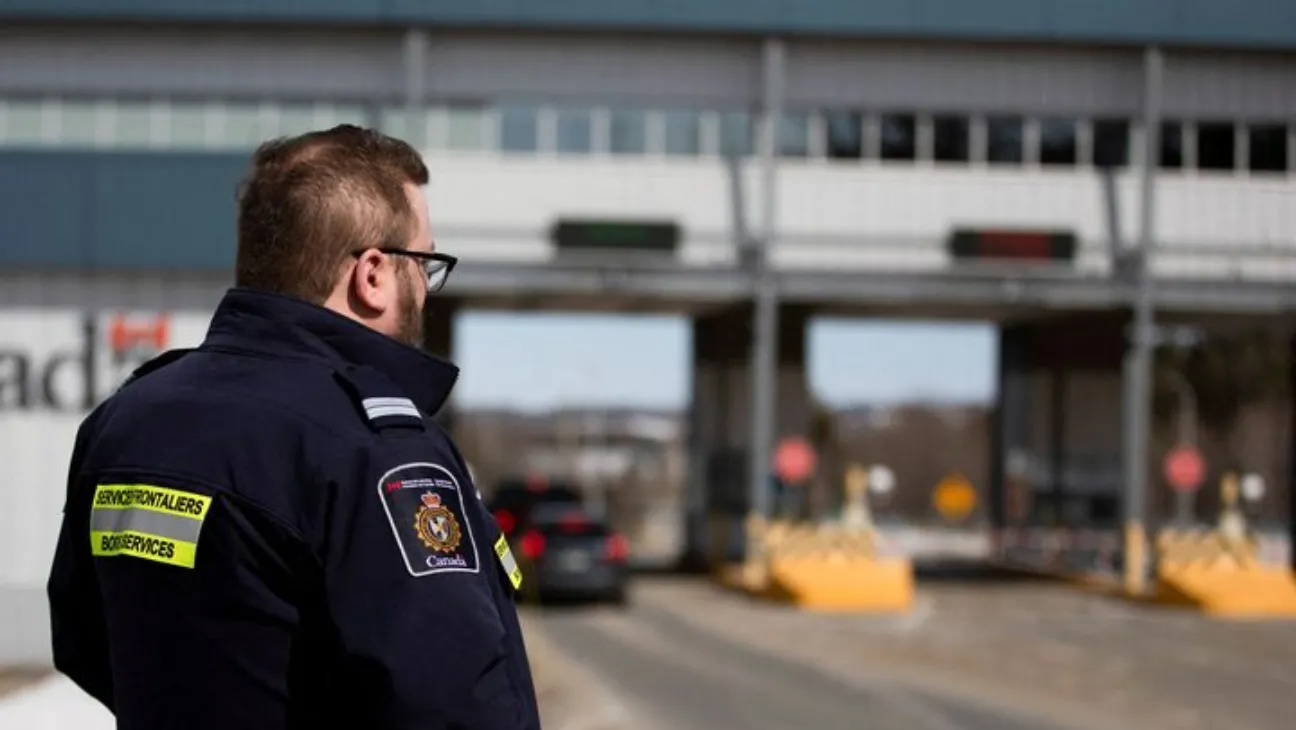Canada is working with the United States to manage deportations as both countries face resistance from nations unwilling to accept their own citizens, according to a government document reviewed by Reuters.
The cooperation comes as Canada ramps up removals, which hit a decade-high last year. Officials aim to deport 20,000 people annually in the next two years, up from 18,000 in the previous fiscal year. Many of those deported are failed refugee claimants, a focus that refugee lawyers warn could return vulnerable people to unsafe conditions.
A February 28 email from the director general of international affairs at Canada’s Immigration Department described the joint approach. “Canada will also continue working with the United States to deal with countries recalcitrant on removals to better enable both Canada and the United States to return foreign nationals to their home countries,” the message said.
The document noted a specific case in June, when Canada issued a single-use travel document to a Somali man it wanted to deport after Somalia refused to provide travel papers.
The Canada Border Services Agency (CBSA), which oversees deportations, said in an emailed statement that both countries face “common impediments” when foreign governments delay or refuse to issue travel documents.
There’s no special cross-border program for this, but Canadian and U.S. law enforcement are in constant contact. They’ve always worked hand-in-hand on border security and on sending people back who don’t have the right to stay.
The Department of Homeland Security remained silent.
This email was sent at a moment of real tension. Down south, President Trump was threatening Canada with tariffs, angry about the number of people crossing the border. And up north, Justin Trudeau’s government was on its way out, with Mark Carney waiting to take the reins in March. That’s the politically charged atmosphere it landed in.
Public anxiety over housing and the cost of living is intensifying the debate around immigration in Canada. Government data confirms deportations are rising sharply, yet these efforts are being complicated by countries that won’t accept their own citizens. This situation now poses critical questions about the practical limits and ethics of Canada’s deportation policy.









